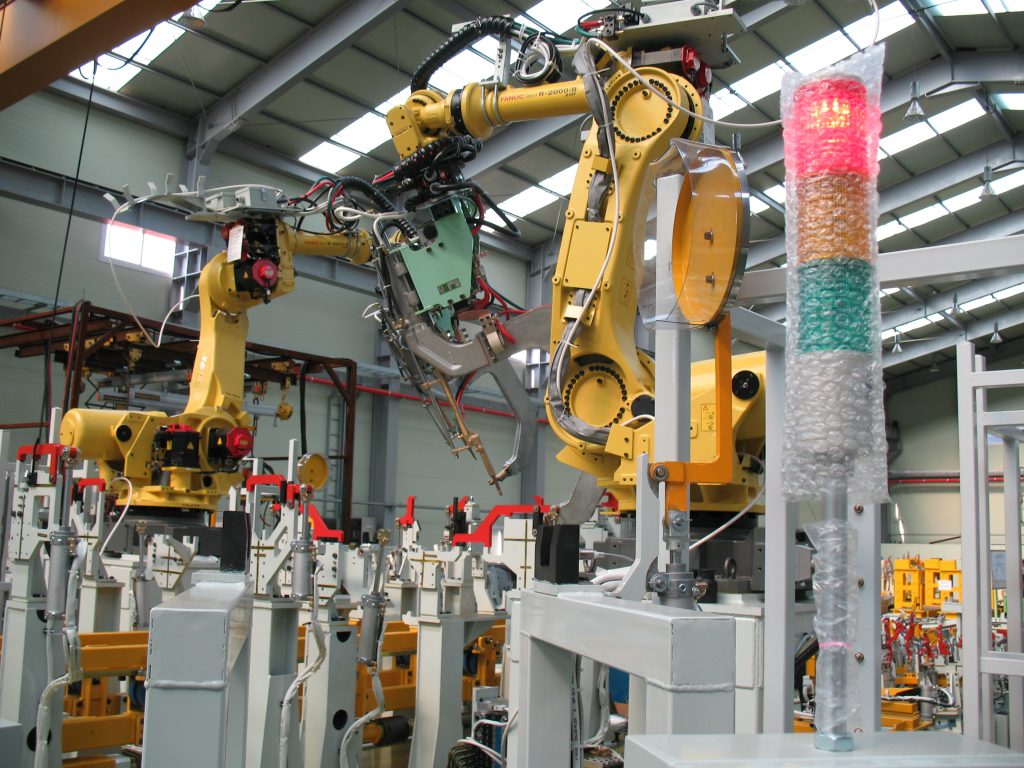
- AI-driven predictive maintenance and real-time quality control are transforming manufacturing by reducing downtime, improving efficiency, and ensuring high product standards.
- Challenges such as high initial costs, data management, and integration with legacy systems must be strategically addressed to fully leverage AI’s potential.
- AI enhances workforce management, automates repetitive tasks, and optimizes supply chains, leading to cost reductions and improved overall productivity.
AI is revolutionizing the manufacturing sector by improving efficiency, reducing costs, and enhancing quality control. Predictive maintenance, one of AI’s most impactful applications, enables manufacturers to anticipate machine failures and perform maintenance before breakdowns occur, reducing unplanned downtime and improving safety. AI-powered real-time quality control further enhances manufacturing processes by detecting product defects early and minimizing errors. As of 2024, 63% of manufacturers report using AI for quality control, demonstrating its growing role in ensuring consistency and compliance. With AI-driven automation, manufacturers can reduce reliance on manual inspections, optimize inventory management through predictive forecasting, and streamline production workflows for greater efficiency.
AI’s integration into manufacturing extends beyond production lines, offering significant improvements in labor management and cost optimization. AI-driven scheduling systems ensure efficient workforce utilization, while automated training programs help upskill employees and enhance workplace safety. Additionally, AI-powered robotics and cobots assist human workers in performing repetitive or hazardous tasks, increasing both productivity and job satisfaction. These innovations contribute to overall cost reductions by minimizing waste, streamlining resource allocation, and automating high-risk or inefficient processes. AI’s ability to optimize manufacturing operations allows companies to remain competitive in a rapidly evolving market.
Despite AI’s benefits, manufacturers face challenges such as high initial costs, data management complexities, and difficulties integrating AI with legacy systems. Solutions such as cloud-based AI platforms, staged integration strategies, and data governance frameworks help businesses overcome these obstacles. Moreover, cybersecurity measures, including AI-driven compliance monitoring and encryption, protect sensitive operational data and ensure regulatory adherence. By strategically investing in AI and equipping employees with the necessary skills, manufacturers can unlock new levels of efficiency, innovation, and growth, ensuring long-term success in a competitive industry.


Leave a Reply
You must be logged in to post a comment.